5 signs you’re not getting enough protein
We’ve all heard about the perks of protein and why it is essential for our bodies – it helps boost our energy, keeps us feeling full and helps our muscles recover. But how do we know if we’re lacking in this vital nutrient?
If you’re following a vegetarian or vegan diet, it’s particularly important to make sure you’re getting enough protein.
“Protein is not only important for muscles,” says explains nutritionist Cassandra Barns, “it has many fundamental roles, including for our immune system, for making hormones, and for making haemoglobin that carries oxygen around our body.”
Here are five warning signs you need to up your protein…
1 Hair loss

“You might see more hairs coming out when you shower, or just feel that your hair is getting thinner – most likely all over the head rather than in patches or just at the hairline,” says Cassandra. “Hair is made up primarily of protein – especially a protein called keratin. But hair is also the least important protein structure in the body, and so when protein intake is low, it’s allocated instead to more important functions, such as keeping our immune system active. For this reason, hair loss may be one of the first signs of low protein intake. However, there can also be other reasons for this type of hair loss – such as a deficiency in iron – so it’s wise to see your doctor to determine the cause.”
2. Taking a long time to heal after injury
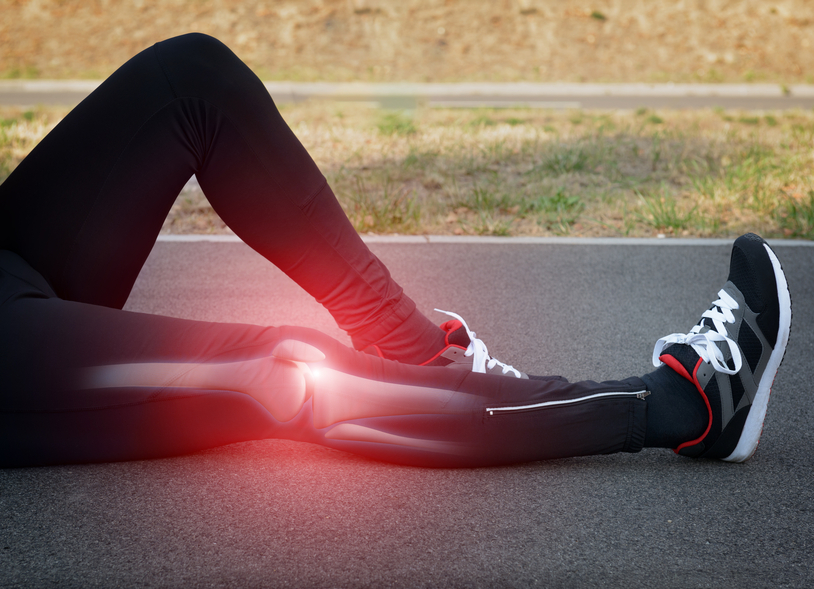
“Healing is another vital function of protein,” says Cassandra. “If you’re taking longer than expected to heal from an injury – whether it’s a cut, a bruise, a sprain, or something more serious – then lack of protein could be a reason.”
3. Mood problems, such as depression

“Protein is broken down into amino acids, which are then used to make many vital substances, including neurotransmitters,” explains Cassandra. “These natural chemicals are crucial for our brain and nervous system, and some also have a direct effect on our mood. One example is the well-known ‘feel-good’ chemical serotonin, which is made from the amino acid tryptophan. So if you don’t get enough protein, your production of serotonin may be reduced, contributing to your low mood.”
4. Poor immunity

“A strong immune system is one of the most vital functions of protein in our body,” says Cassandra. “Protein is used to keep the physical barriers in our body intact in order to keep germs out – the skin and the mucous membranes (the ‘internal skin’, such as our gut lining). And it’s used to make antibodies and other immune chemicals that help to fight against invaders and regulate our immune response. So if you’re coming down with lots of colds or seem susceptible to infections, low protein intake could be a cause. Again, there can be many other reasons, including deficiency in any of the other vital nutrients needed by our immune system, such as vitamin D or zinc.”
5. Swollen ankles
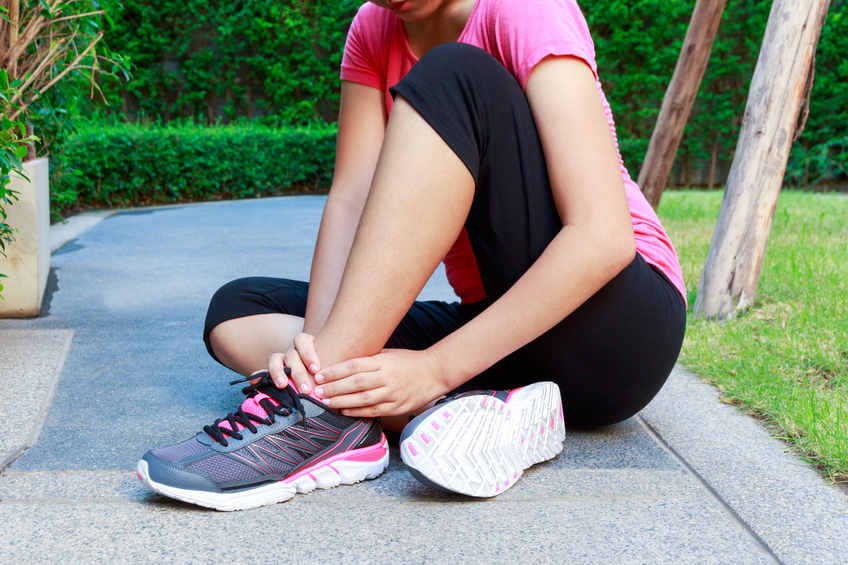
“One of the signs of protein deficiency is swelling or oedema, such as swollen ankles. This happens because proteins in our blood are also responsible for keeping enough fluid in the blood vessels – and helping fluid to be drawn back into the blood vessels from the tissues. So when protein drops below a certain level, fluid isn’t drawn back into the blood vessels efficiently; instead, it stays in the tissues, causing swelling, especially in the lower legs, ankles and feet,” says Cassandra.
If you have upped your protein intake but are still struggling with swollen legs, you may be prescribed compression hosiery. “Oedema and general swelling of the legs can often go down naturally, for example at the end of the day once you’ve put your feet up. However, if the condition persists, visit your GP who may prescribe you compression stockings. Compression hosiery is designed to provide the right amount of graduated compression on the legs, helping to improve the blood flow and prevent accumulation of fluid in the tissue, which so often leads to swelling and discomfort,” explains Kimby Osborne, leg health expert at Activa Healthcare.
3 ways to increase our protein intake…
1 You are what you eat
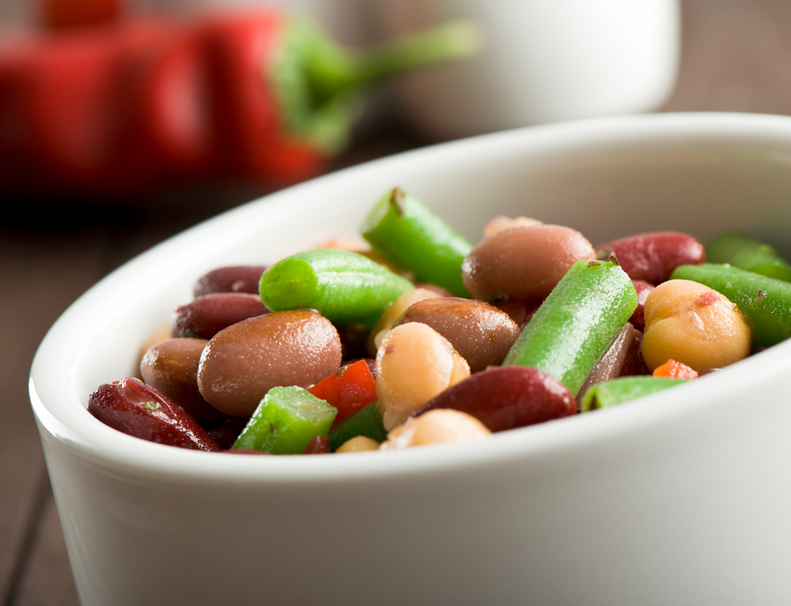
“For vegetarians (non-vegans), making sure you get two to three servings a day of eggs and high-quality dairy foods can be a good start,” says Cassandra. “Also include around three or four servings a day of plant proteins in the form of beans or pulses, nuts or seeds. Vegetarians who work out regularly may need more than this.
“For vegans, protein intake comes from beans and pulses, nuts and seeds, as well as vegetables and whole grains. Including a broad variety of these plant proteins every day is vital.”
2 Get your daily dose with a plant-based protein powder
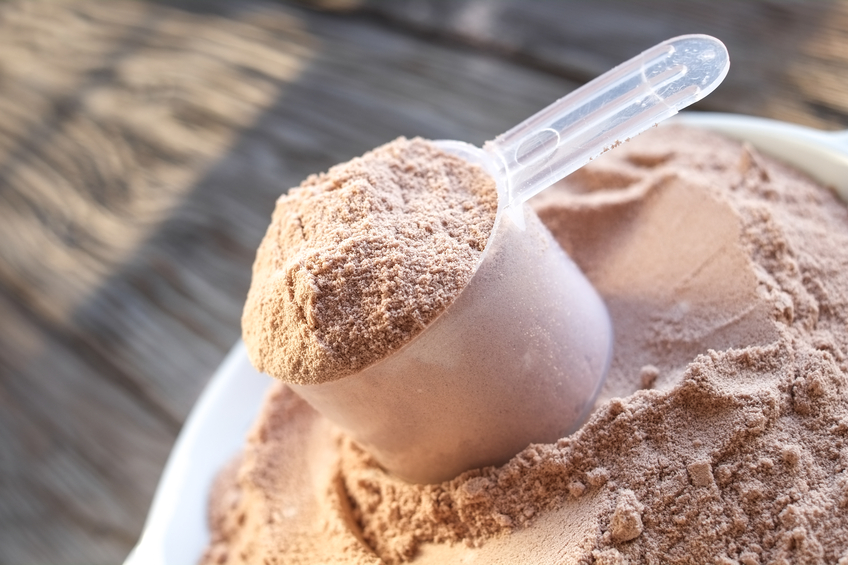
“For vegetarians and especially vegans, those who have a low appetite, struggle to digest protein foods, or who are trying to lose weight, then a plant-based protein powder can be a great option,” explains Cassandra. “They are easy to digest and can be kept low calorie. They can be used to make smoothies or shakes, and also added to savory foods such as stews and soups. I’d recommend Natures Plus Sunflower Protein (£22.50, naturesplus.co.uk).”
3. Track your protein intake
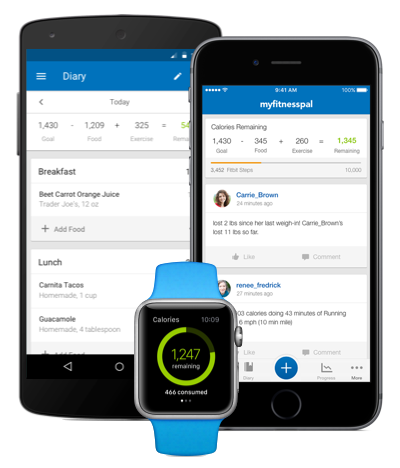
“If you’re recovering from illness, injury or surgery, or if you’re highly stressed, then tracking your protein intake using any of the helpful online tracking tools or apps can be a great first start,” explains Shona Wilkinson, nutritionist at SuperfoodUK. “I would advise aiming for around 1.2 grams of protein per kilo of body weight at this time. So if you’re 50kg (just under 8 stone) then you will need around 60 grams per day; or if you’re 70kg (around 11 stone) then you’ll need around 84 grams.
“If you think you might not be getting enough protein for your exercise needs, then tracking your intake is also useful. You will need to do some research on ideal protein intakes for your type of training or training intensity to find out how much you should be getting.”

Leave a Reply
Please login or register to leave a comment.